Topics:
Marketing StrategySubscribe now and get the latest podcast releases delivered straight to your inbox.
50 Everyday Words that Actually Started as Brands and Trademarks

May 1, 2020

Madonna. Shakespeare. Oprah. Fabio. Bono. Adele. Picasso.
You know you’ve made it when you’re known by just one name or word; when a single spoken breath can trigger everything about you in the minds of the listener and it's practically synonmous with your product.
In many ways, this is the pinnacle of celebrity status and branding success, but when it comes down to business, sometimes it’s not all it’s cracked up to be.
The Good & The Bad of Becoming a Word
Anthimeria is the term used to describe the act of using a word in a new grammatical form, most often a noun as a verb (i.e. Xerox being used to mean photocopying something).
On a positive note, this is a sign that your brand or product has been widely accepted by the general public. It means it’s in high-demand, is highly-recognized, and you’re most likely dominating your industry.
On a negative, however, when your brand becomes a commonly used noun or verb, trademark and brand dilution issues ensue, as tech giant, Google, has discovered in recent years.
As Attorney Matthew Swyers explains on Inc, Google’s prominent brand recognition has put the brand down the path of “...becoming synonymous with search engine services [of all kinds] and towards the genericization of a trademark.”
In fact, when Sweden’s national Language Council tried to add “ungoogleable” to its list of new words to mean “something that can’t be found on the Web using a search engine,” Google objected, “asking for changes showing the expression specifically refers to Google searches.”
When a name enters the general language or lexicon of a region like these did, it risks losing all of the established value and recognition that it has built up.
It becomes "genericized," referring to things not directly related to it and eventually diminishing the company's rights (and ability) to profit from it.
50 Everyday Words That Actually Started as Brand Names/Trademarks
Controlling the evolution of language is next to impossible, which is why so many brands have unintentionally found this fate.
That being said, brace yourself. Here are 50 things that started just as brand names and trademarks, but now are a part of our everyday vocabulary.
The list just may make question everything you thought you knew about life.
1. Onesie:
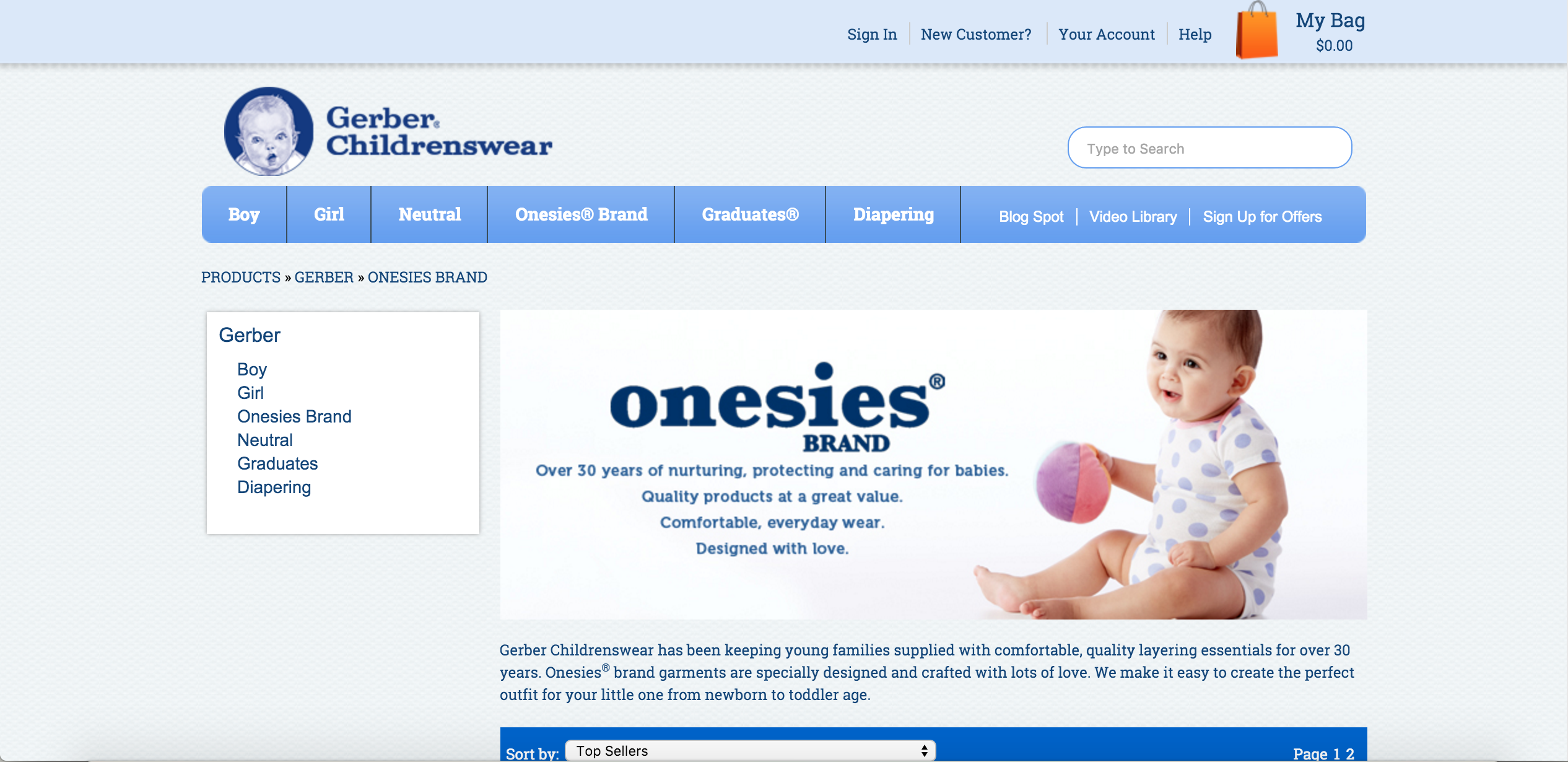
A trademark still owned and “aggressively enforced” by Gerber Childswear (yes, the same Gerber that makes baby food).
What can you call it instead?: An infant bodysuit
2. Kiwi fruit (Kiwi):
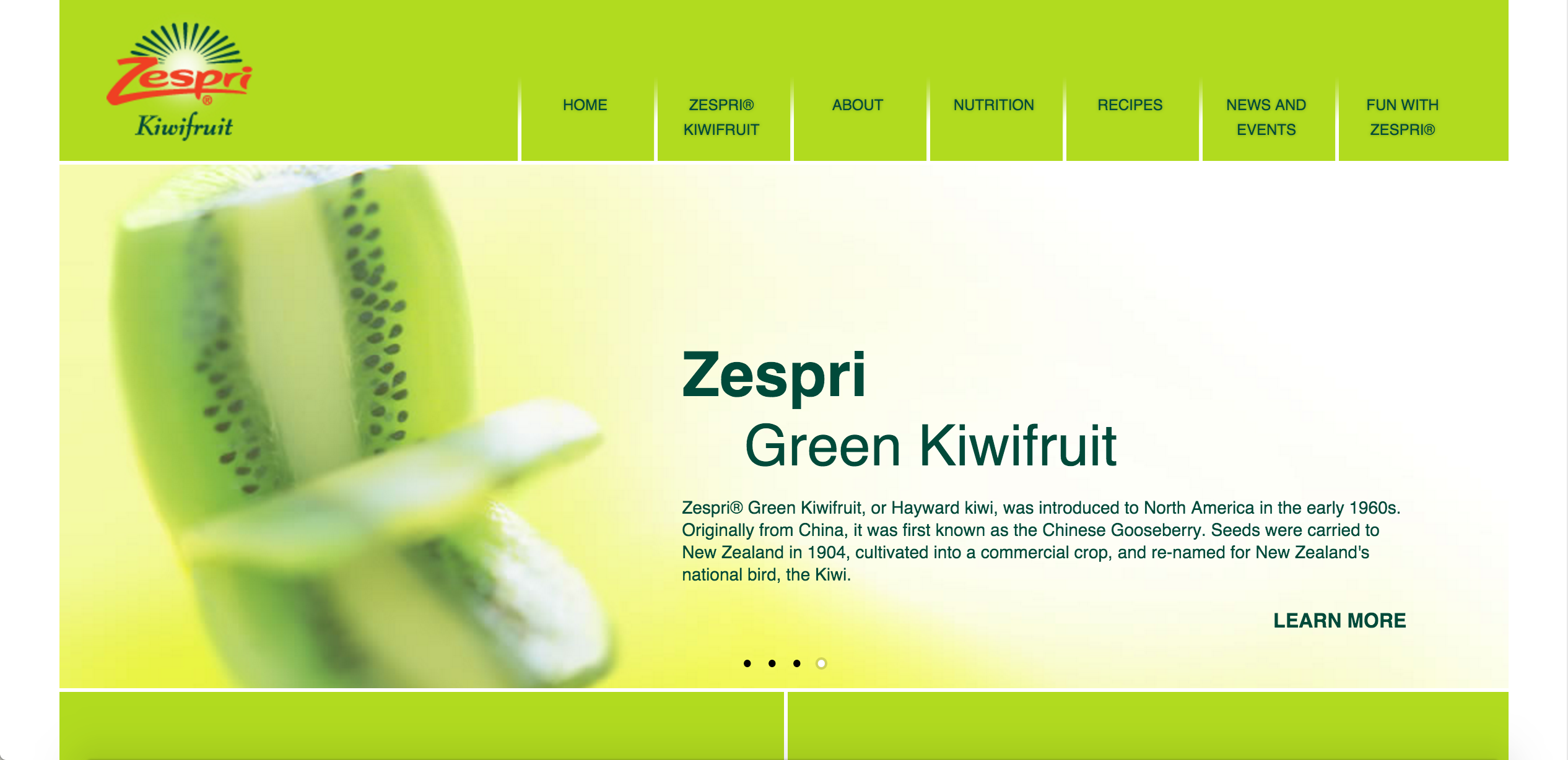
This trademark has been owned by Zespri since 1997, though as recounted in Seth Godin’s The Purple Cow, the name has been in use since 1962 when New Zealand growers wanted to increase the fruit’s market appeal.
What can you call it instead?: A Chinese Gooseberry
3. Zipper:
Originally created and trademarked by the B.F. Goodrich Company for use in rubber boots.
What can you call it instead?: A clasp locker or zip fastener
4. Windbreaker:
A trademarked word for light jackets originally owned by the John Rissman company of Chicago, recently becoming genericized.
What can you call it instead?: A lightweight jacket
5. Jet Ski:
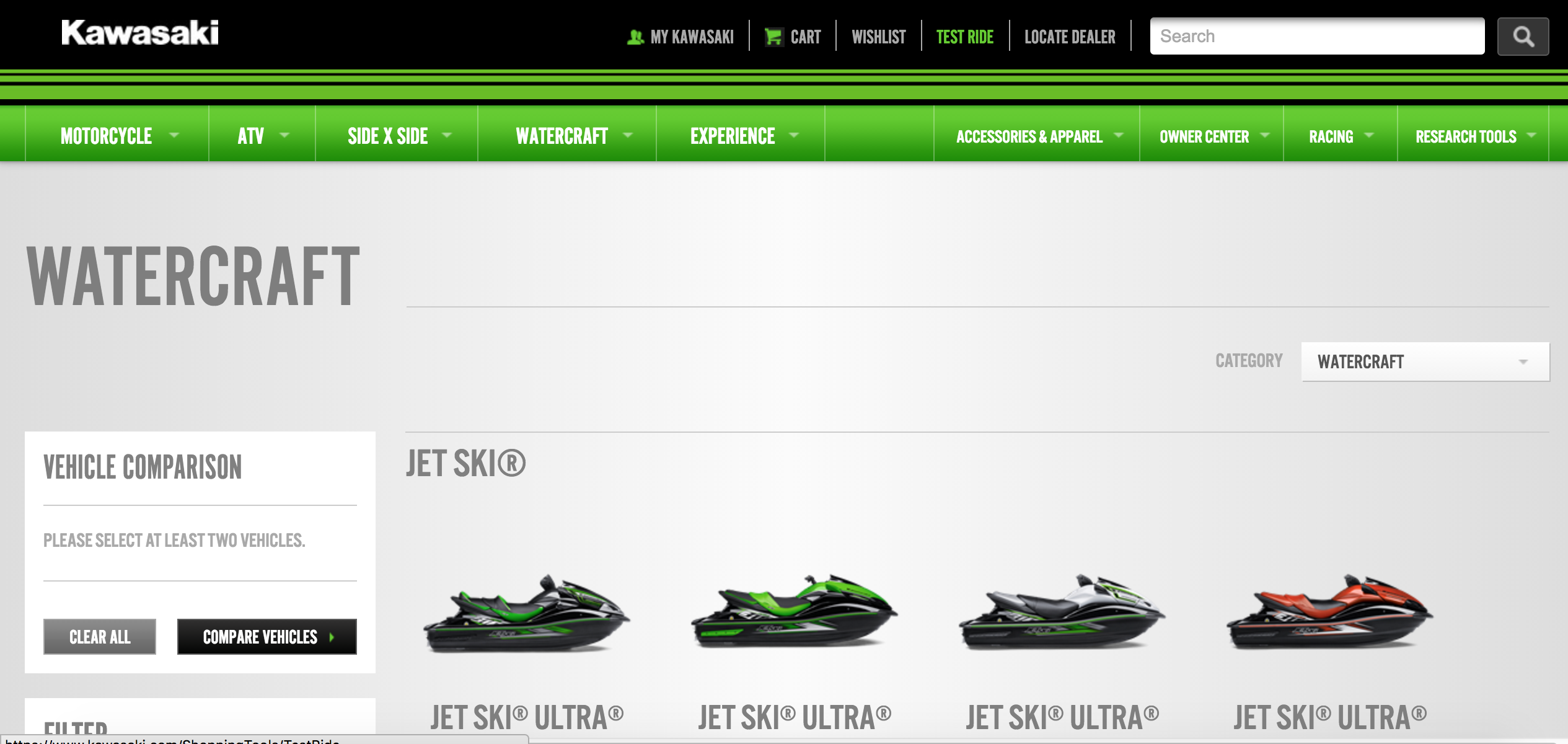
Despite its common use in the U.S., this brand of "watercraft" is still owned and trademarked by Kawasaki Heavy Industries.
What can you call it instead?: A personal watercraft
6. Escalator:
This was originally trademarked by Otis in 1900, but it was lost in 1950 when the word joined the public lexicon.
What can you call it instead?: A moving stairway/staircase
7. Tabloid:
This trademark was originally owned by Burroughs Wellcome & Co as a word for compressed medicine/pills, but in the early 1900s it became a widely accepted term for compressed, short-form journalism.
8. Hula Hoop:

Source: Flashbak.com
Before it was a hit song by Omi, it was just a simple plastic toy hoop marketed by Wham-O since 1958. The toy company still owns the rights to the name despite them coming into question in 2009.
What can you call it instead? A dancing ring or toy hoop
9. Crock-Pot:

Introduced in 1971 by the Naxon Utilities Corporation of Chicago, the crock-pot was originally created as a beanery appliance but grew in home popularity as more and more women entered the workforce. Today, the Crock-Pot brand stresses that if it doesn't actually say "Crock-Pot" it's not an original.
What can you call it instead? A slow cooker.
10. Band-Aid:
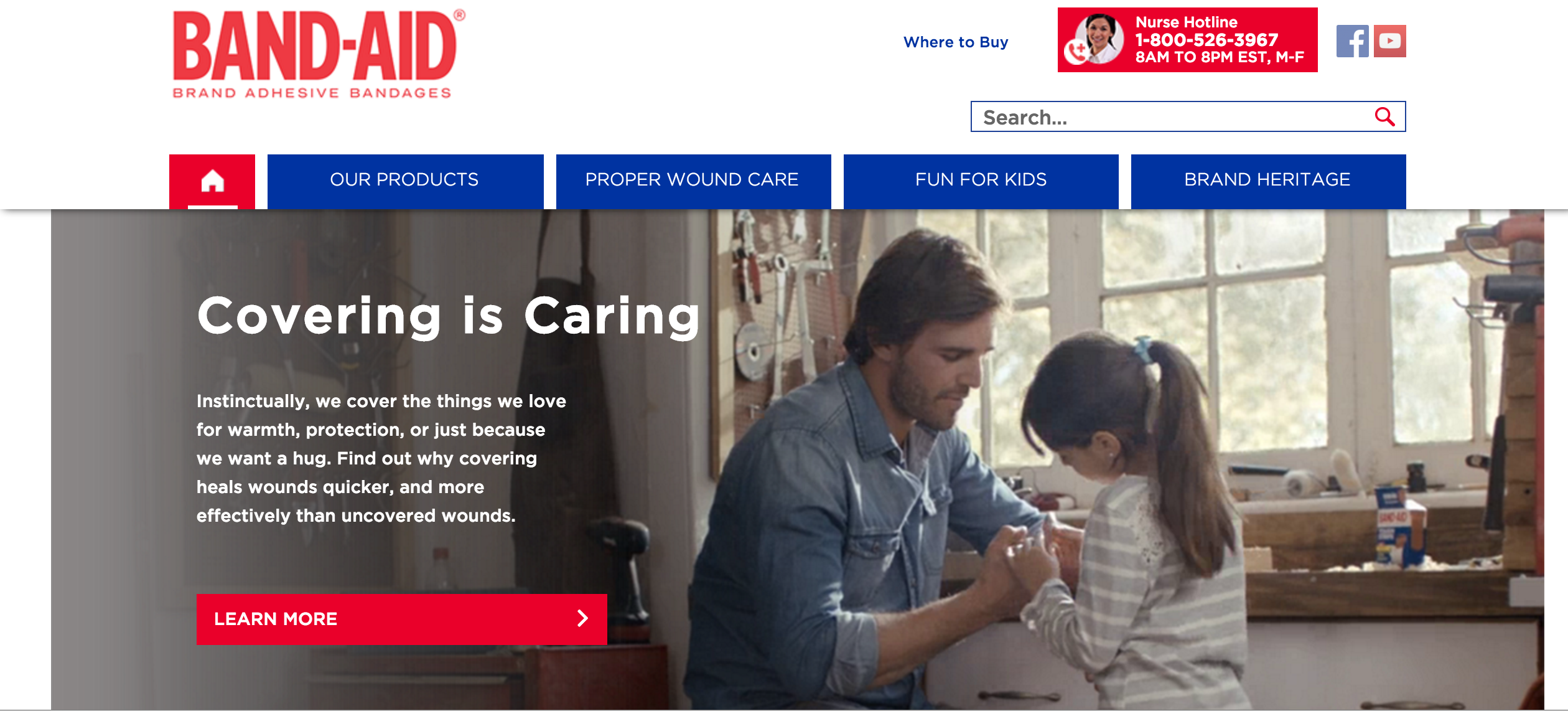
Probably one of the most widely-known genericized brands, Band-Aid was originally trademarked by Johnson & Johnson in 1920 and still stands today.
What can you call it instead? An adhesive bandage
11. Ping Pong:
Now, this misnomer seriously blew my mind. Believe it or not, Ping Pong is actually the name of a brand of table tennis tables, not the game itself. It was coined from the sound the ball makes when hit and originally trademarked by Jaques & Son back in 1901.
What can you call it instead? Table Tennis
12. Dumpster:
Trademarked by the Dempster Brothers in 1936, this name was a mashup of “Dempster” and “dump.”
What can you call it instead? Mobile Garbage Bin
13. Velcro:
Invented by George de Mastreal in 1941 during a walk in the woods with his pet dog, Velcro was officially patented in 1958 and has since been a trademark of Velcro Industries B. V.
What can you call it instead? Hook and loop fasteners
14. Scotch Tape:
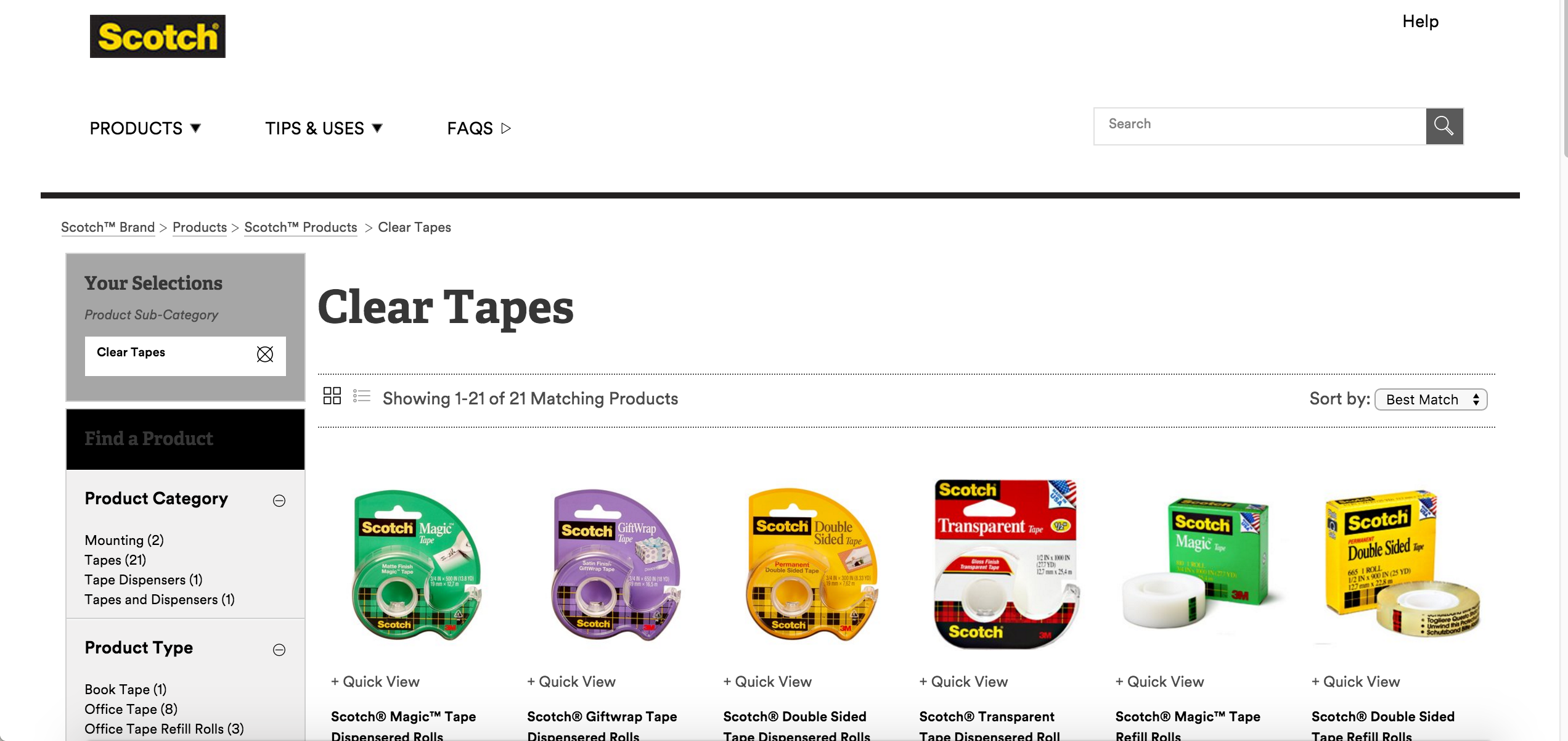
This one is owned to this day by 3M Corporation.
What can you call it instead? Clear Adhesive Tape
15. Yo-Yo:
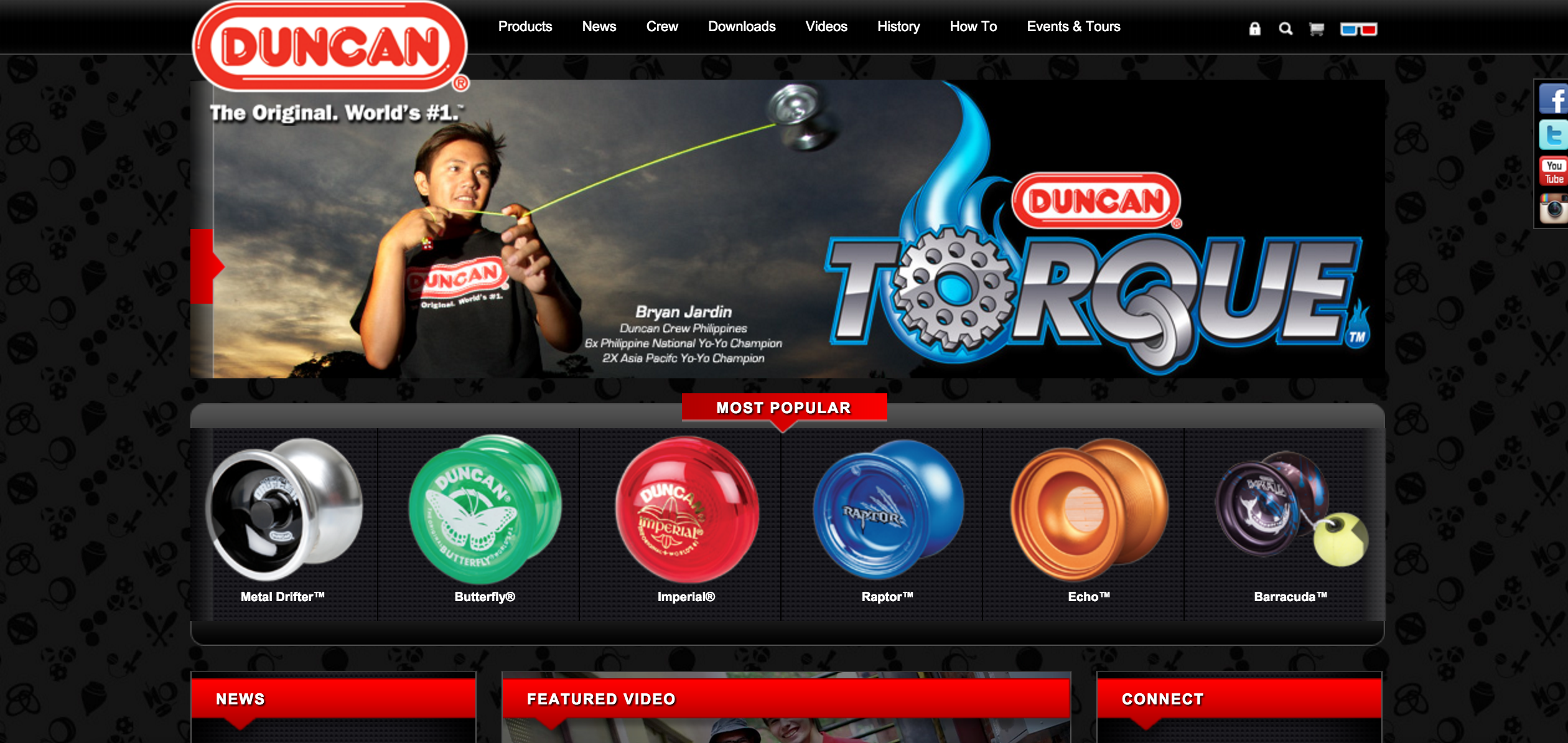
As the slogan has always stressed, “if it’s not a Duncan, it’s not a yo-yo.” This term was introduced and trademarked by the company in 1929 to refer specifically to its now iconic toy. It was, however, deemed generic in the U.S. in 1965.
What can you call it instead?: A toy on a string
16. Zip Code:
This was originally a registered service mark by the U.S. Postal Service, but has long since expired.
17. Auto-Tune:

Created in 1997, Auto-Tune is actually the name of a popular audio processor made by Antares Audio Technologies.
What can you call it instead?: Pitch Correction
18. Popsicle:
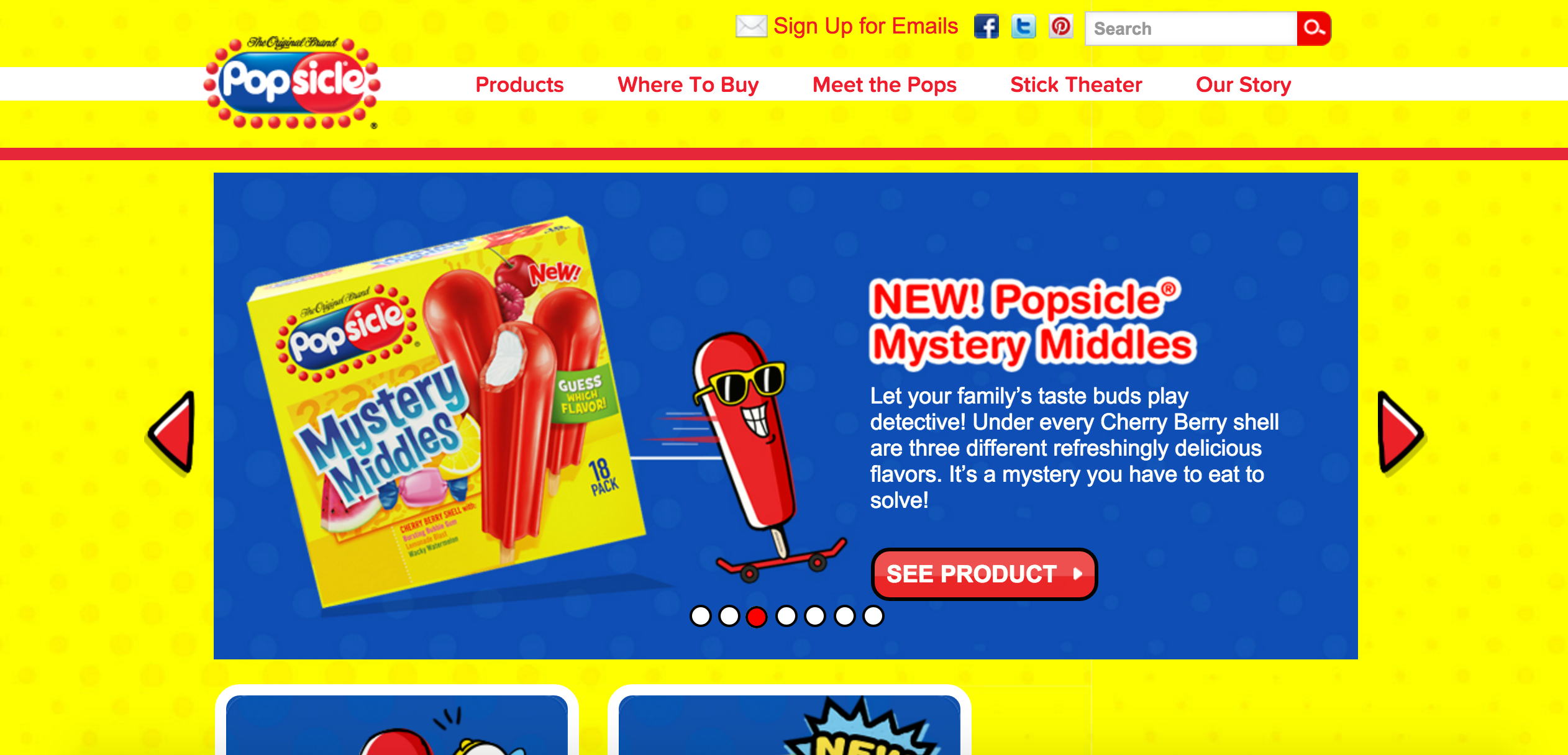
Popsicles were my favorite summer treat growing up, but it didn’t occur to me until pretty recently that it was specifically the popsicle brand that I preferred.
First trademarked in 1905 by Frank Epperson, the rights are currently owned by Unilever who state overtly in the footer of its website that “POPSICLE®...is NOT a name for just any frozen pop on a stick.”
What can you call it instead?: A frozen ice treat on a stick
19. Thermos:
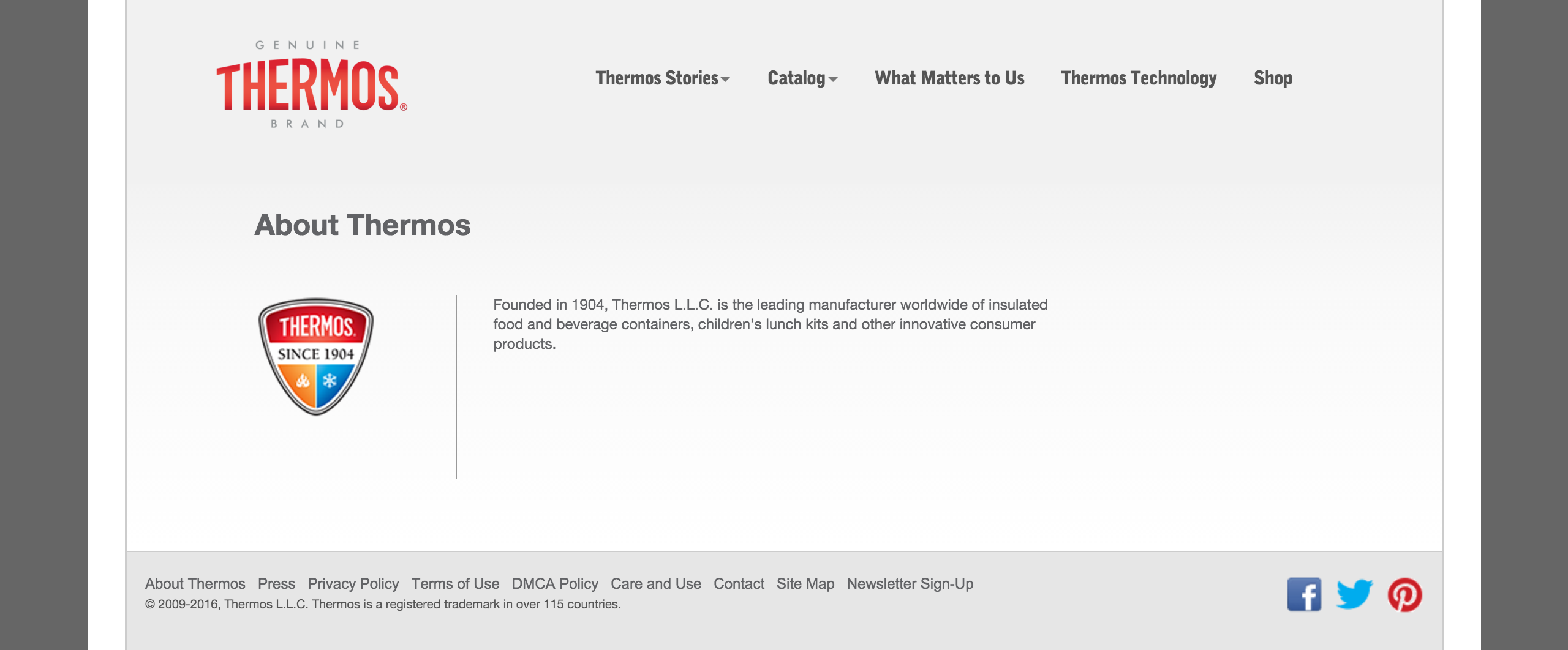
Declared a generic term in 1963, this was originally trademarked by Thermos, LLC in 1904.
What can you call it instead?: Vacuum Flask
20. Granola (and Granula):
In 1921, Sanitarium Foods (a company owned by the Seventh-day Adventist Church in Australia) trademarked the word to describe foods made of whole-grain products crumbled and baked to a crisp. The rights were officially lost to genericization in 2012.
21. Frisbee:
Originally trademarked by Wham-O in 1957, the rights to this one are still going strong. The game and disc draw its origins back to Connecticut colleges where students would toss around pie tins from the Frisbie Pie Company.
What can you call it instead? A flying disc.
22. Tupperware:
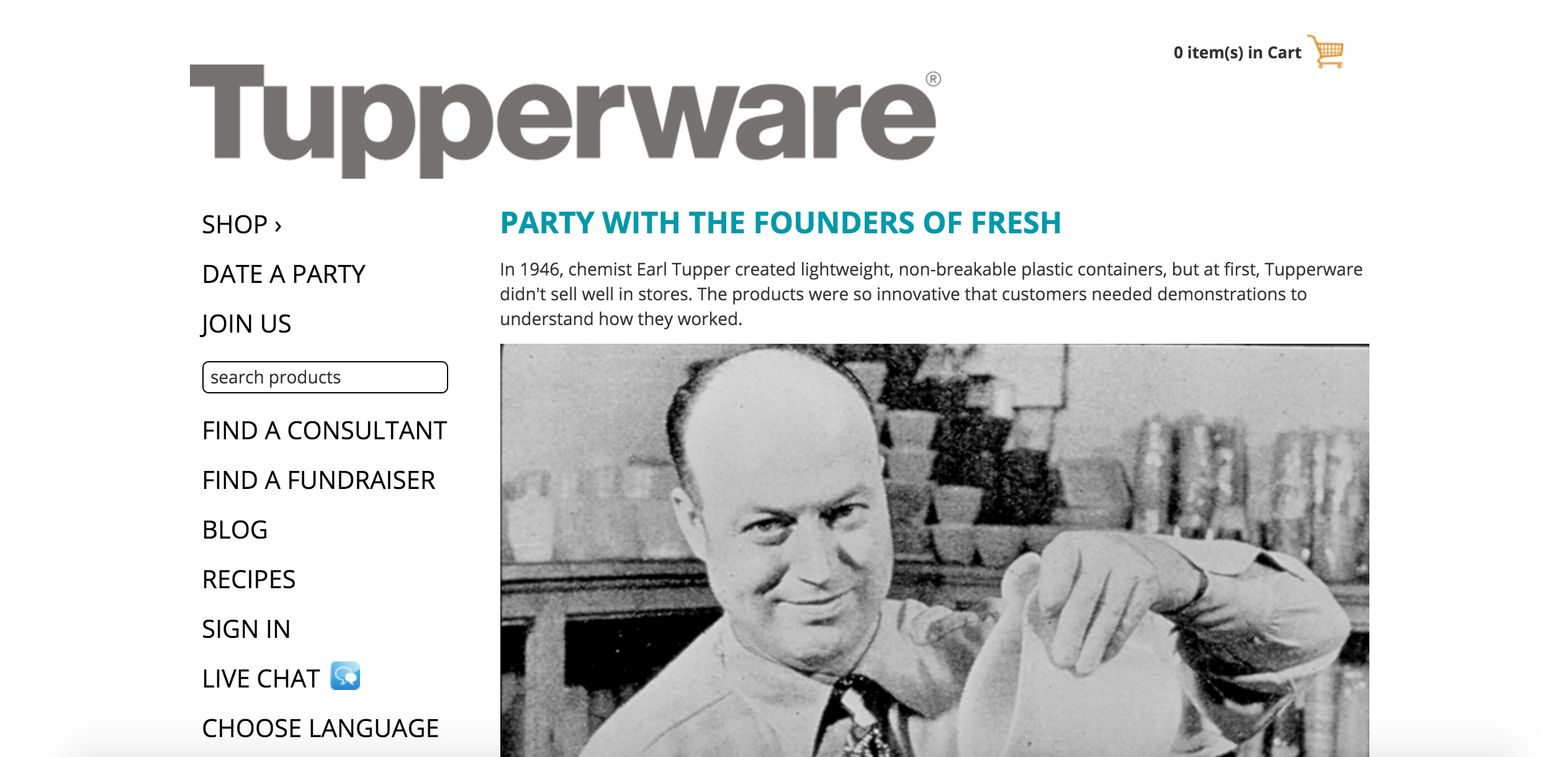
First introduced to the public in 1946, Tupperware got its name from its creator, Earl Silas Tupper.
What can you call it instead? Plastic Storage Containers
23. Wite-Out:
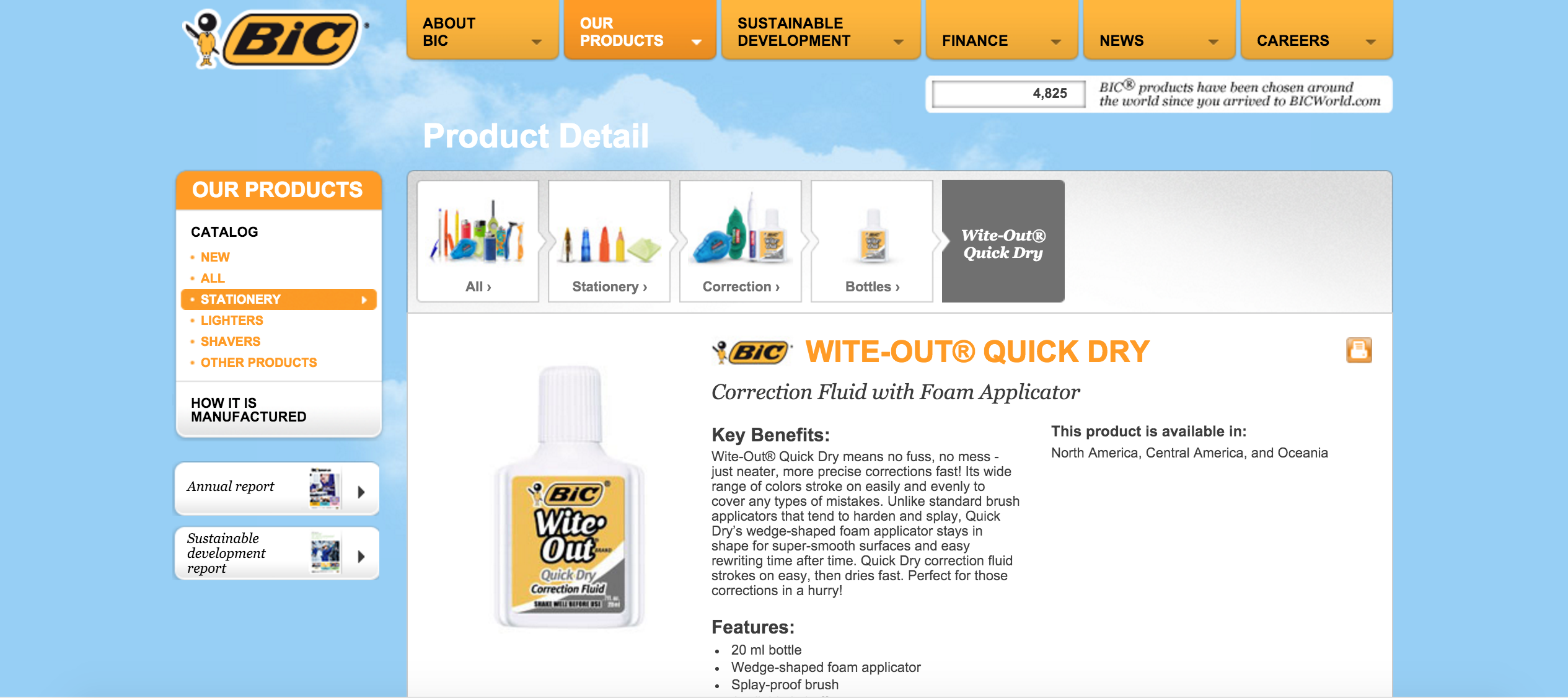
Originally patented and trademarked in 1971, the BIC Corporation bought the rights to the name in 1992 and owns them to this day.
What can you call it instead?: Correction Fluid
24. Realtor:

This is a legally recognized trademark of the National Association of Realtors, referring to members of its group, not real estate agents in general. It was created to differentiate members from the general population of real estate agents.
What can you call it instead? A real estate agent
25. Playbill:
Though most widely known and used for to refer to the pamphlets created and distributed at theater productions, Playbill is a monthly magazine that has been published in the U.S. since 1884.
What can you call it instead? A program
26. Rollerblade:
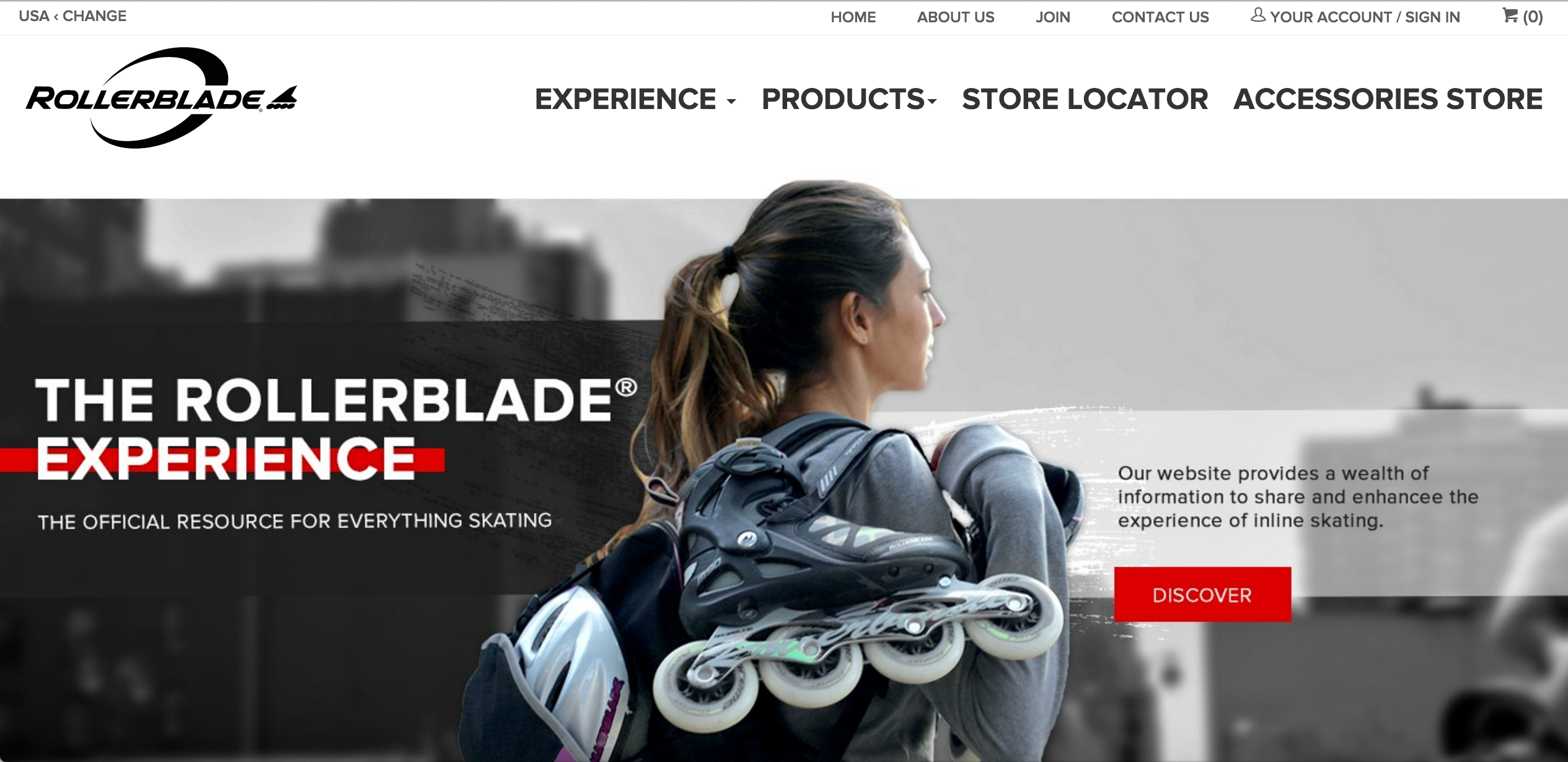
Though a common name for inline skates in the U.S. Canada, Rollerblade is still a trademark owned by Nordica.
What can you call it instead?: Inline skates
27. Super Glue (or Krazy Glue):
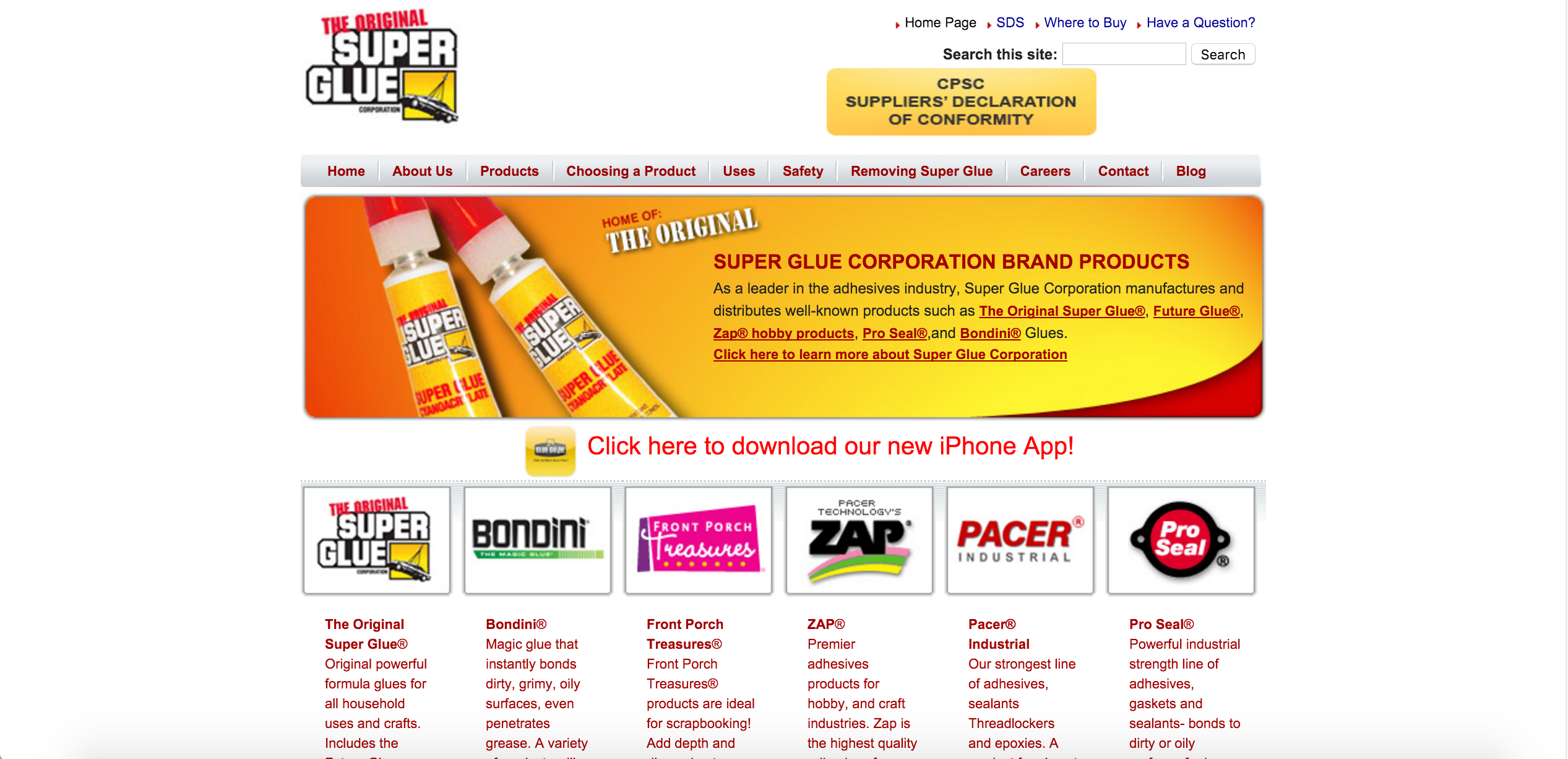
Trademarked name of the strong, fast-acting adhesive marketed by the Super Glue Corporation.
What can you call it instead? Cyanoacrylate adhesive
28. Jacuzzi:
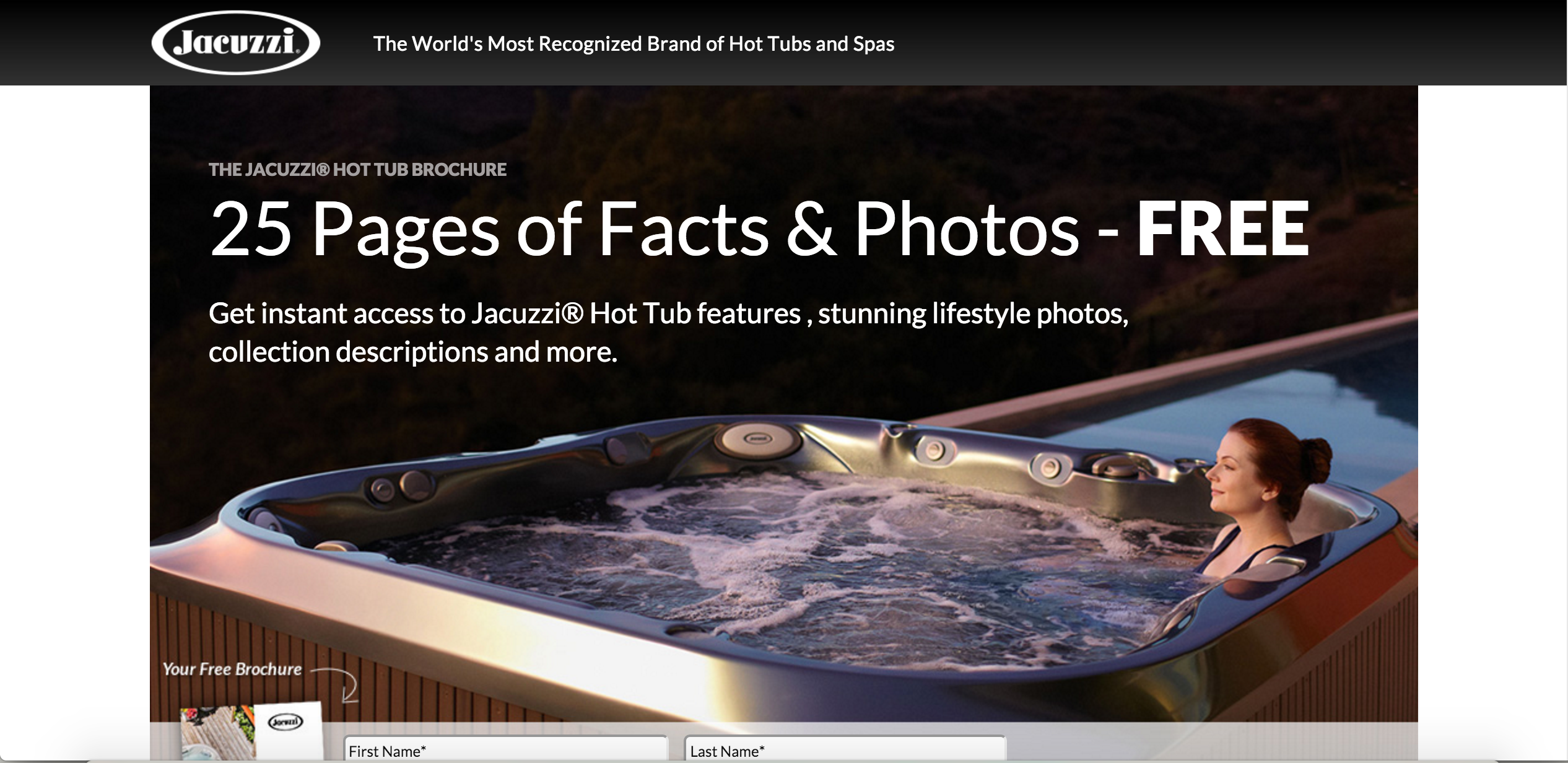
In 1956, the Jacuzzi brothers set out to help ease a relative’s arthritis symptoms with a normal tub equipped with a “hydrotherapy pump.” Since then, the name has become synonymous with the product and a sense of luxury, though the trademark is still active today.
What can you call it instead? A hot tub.
29. Bubble Wrap:
Originally trademarked by the Sealed Air Corporation in 1960
What can you call it instead?: Air bubble packaging
30. Trampoline:
The first modern trampoline was built by George Nissen and Larry Griswold in 1936 and trademarked by the duo in 1942 after the Spanish word "trampolin," meaning diving board.
31. Laundromat:
This one is another one that came as big surprise to me. Laundromat was originally trademarked to refer to the first wall-mounted automatic washing machine by Westinghouse in 1940.
What can you call it instead? Coin Laundry Shop
Brand-Words in Danger of Being “Genericized”
32. Google
Verb meaning to search or inquire about something online; not necessarily using the Google search engine.
33. Sharpie
Noun referring to a permanent marker.
34. Q-Tips
Noun referring to any cotton personal care swab on a stick.
35. Ziploc
A noun referring to any plastic snack bag.
36. Chapstick
A noun referring to any lip balm or lip moisturizer.
37. Kleenex
A noun referring to any facial tissue.
38. Powerpoint
A noun referring to any digital slidedeck presentation.
39. Photoshop
A verb meaning to edit or alter an image digitally; to enhance one's appearance digitally.
40. Play-Doh
A noun referring to any colored, molding clay for children.
41. Coke
A noun referring to any carbonated cola. (This is especially true in the south!)
42. Vicks
A noun referring to any metholated, vapor rub product.
43. Vaseline
A noun referring to any petroleum jelly product.
44. Jell-O
A noun referring to any gelatin dessert/snack.
45. Jeep
A noun referring to any topless, outdoor vehicle.
46. Post-Its
A noun referring to any small note paper with self-adhesive.
47. Slinky
A noun referring to any coiled children's toy.
48. Speedo
A noun referring to any tight male swimwear.
49. Walkman
A noun referring to any portable device that allows you to listen to music; specifically from the 1980-90s.
50. Polo
A noun referring to any short-sleeved, collared shirt.


Order Your Copy of Marcus Sheridan's New Book — Endless Customers!